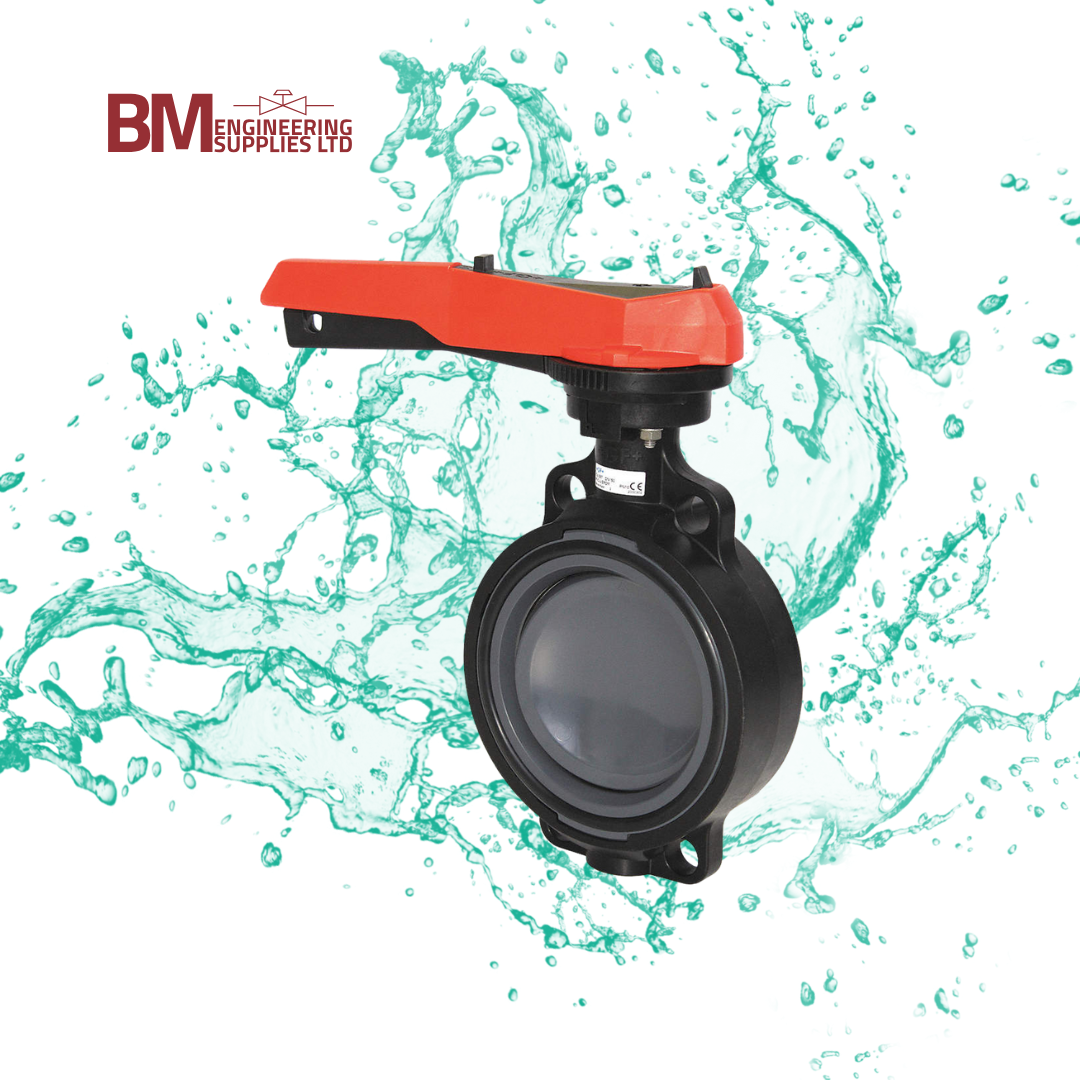ABS Valves for Process Engineering: Benefits and Differences from PVC
ABS Valves for Industrial Processes: Benefits and Differences from PVC
In industrial manufacturing, reliability, chemical resistance, and temperature performance are essential when selecting valves. ABS valves (Acrylonitrile Butadiene Styrene) offer a strong, durable solution for process lines where mechanical performance and chemical compatibility are critical.
While PVC valves are also widely used in industry, understanding the differences between the two materials ensures the right choice for your process, helping prevent maintenance issues and improving system efficiency.
What Are ABS Valves?
ABS valves are made from Acrylonitrile Butadiene Styrene, a rigid thermoplastic known for its impact resistance, toughness, and performance in both cold and moderate temperature environments.
In industrial applications, ABS valves are commonly used for:
-
Chilled water and cooling systems
-
Compressed air lines
-
Chemical handling within moderate temperature ranges
Their combination of lightweight construction, corrosion resistance, and easy installation makes them ideal for manufacturing environments where metal valves may corrode or require extra maintenance.
ABS vs PVC Valves: Key Industrial Differences
Both ABS and PVC valves are plastic-based, but their performance characteristics differ, particularly in industrial settings.
1. Temperature Resistance
-
ABS: Can handle temperatures up to 80°C, making it suitable for chilled water, moderate heat processes, and certain chemical lines.
-
PVC: Best for temperatures below 60°C, limiting its use in warmer process applications.
2. Strength and Impact Resistance
-
ABS: Known for toughness and shock resistance, even in colder conditions.
-
PVC: Can become brittle in low temperatures, increasing the risk of cracking during installation or under mechanical stress.
3. Chemical Compatibility
-
ABS: Resists impact and chemicals like oils or mild solvents, making it more versatile for industrial fluid handling.
-
PVC: Effective against many acids and bases but less suited for aggressive fluids or high-impact environments.
4. Weight and Installation
Both materials are lighter than metal valves, but ABS is easier to machine and install, especially in larger-scale industrial networks.
5. Colour Identification
-
ABS valves: Typically black or grey.
-
PVC valves: Usually white or cream.
Colour coding helps industrial maintenance teams quickly identify piping materials and ensure correct handling.
When PVC Valves Are Best for Industrial Applications
Although ABS valves often outperform PVC in demanding conditions, PVC remains the preferred choice in industrial scenarios where high strength isn’t critical, and cost or chemical resistance is the priority.
PVC valves are best suited for:
-
Low-pressure fluid distribution in manufacturing plants – Ideal for utility water lines and non-heated process lines.
-
Handling of non-corrosive or mild chemicals – Suitable for acids, bases, and solvents below 60°C.
-
Cooling tower recirculation and irrigation networks – Lightweight PVC simplifies installation across large facilities.
-
Wastewater and drainage systems – Corrosion resistance sufficient for ambient-temperature effluent pipelines.
-
Large-scale, low-impact piping networks – PVC offers a cost-effective, durable solution where structural strength is not a priority.
By selecting the correct valve material based on temperature, pressure, and chemical requirements, engineers can optimise industrial systems for longevity, safety, and efficiency.
Why Choose ABS Valves in Industrial Processes?
For many manufacturing environments, ABS valves provide the ideal combination of performance, resilience, and long-term reliability. They excel in:
-
Chilled water and refrigeration lines, where cold resistance is crucial
-
Compressed air or low-pressure gas systems, where PVC may fail
-
Food and beverage production, due to smooth, non-toxic surfaces
-
Marine and offshore installations, where corrosion resistance and weight savings matter
Their durability also contributes to sustainability, with longer service life and recyclability reducing maintenance, waste, and lifecycle costs.
Conclusion
Choosing the right valve material is essential for industrial process reliability.
-
ABS valves are ideal for moderate-temperature, high-impact, and chemically sensitive industrial applications.
-
PVC valves remain a cost-effective choice for low-pressure, ambient-temperature, and less demanding chemical lines.
By matching valve material to your process conditions, manufacturers can ensure safer, more efficient, and longer-lasting systems.
Order ABS Valves Online from BM Engineering Supplies
Whether upgrading existing lines or designing new industrial systems, BM Engineering Supplies offers a range of high-quality ABS valves tailored for manufacturing processes.
🛒Shop our Store
📞 Contact Us
Stay Connected
Follow BM Engineering on LinkedIn
Watch product demos and insights on YouTube


